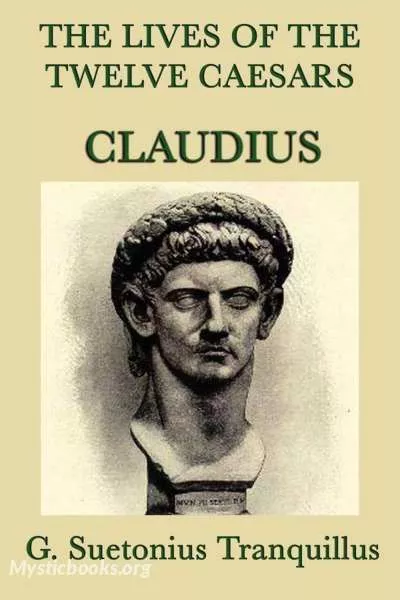
The Lives of the Twelve Caesars
by Suetonius
'The Lives of the Twelve Caesars' Summary
The book can be described as racy, overly sensationalist, packed with gossip, drama, and sometimes humor. The book heavily relies on hearsay and rumor, and at times the author subjectively expresses his opinion and knowledge. Several important events are omitted.
Although he was never a senator himself, Suetonius took the side of the Senate in most conflicts with the princeps, as well as the senators' views of the emperor. That resulted in biases, both conscious and unconscious. Suetonius lost access to the official archives shortly after beginning his work. He was forced to rely on secondhand accounts when it came to Claudius (with the exception of the letters of Augustus, which had been gathered earlier) and does not quote the emperor.
The book still provides valuable information on the heritage, personal habits, physical appearance, lives, and political careers of the first Roman emperors. It mentions details which other sources do not. For example, Suetonius is the main source on the lives of Caligula, his uncle Claudius, and the heritage of Vespasian (the relevant sections of the Annals by his contemporary Tacitus having been lost). Suetonius made a reference in this work to "Chrestus", which could refer to Christ. During the book on Nero, Suetonius does mention Christians (see Historicity of Jesus). As with many of his contemporaries, Suetonius took omens seriously and carefully includes reports of omens portending imperial births, accessions, and deaths.
Book Details
Language
EnglishOriginal Language
LatinPublished In
121 ADAuthors
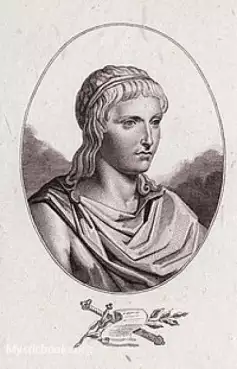
Suetonius
Rome
Gaius Suetonius Tranquillus, commonly known as Suetonius was a Roman historian who wrote during the early Imperial era of the Roman Empire. His most important surviving work is a set of biographies o...
Books by SuetoniusDownload eBooks
Listen/Download Audiobook
- Select Speed
Related books

History of the Conquest of Mexico by William H. Prescott
Much have I travell'd in the realms of gold,And many goodly states and kingdoms seen;Round many western islands have I beenWhich bards in fealty to Ap...

History of Rome from the Earliest Times Down to 476 AD by Robert F. Pennell
History of Rome from the Earliest times down to 476 AD. This compilation is designed to be a companion to the author's History of Greece. It is hoped...

A Short History of Scotland by Andrew Lang
A Short History of Scotland is a concise introduction to the history of Scotland from Roman times to the last Jacobite rebellion, written by the autho...
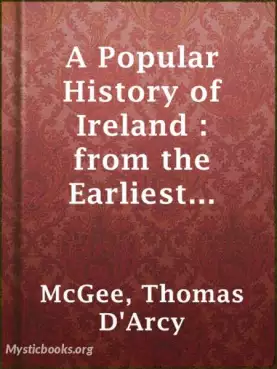
A Popular History of Ireland by Thomas D'Arcy McGee
Thomas D'Arcy McGee was an Irish refugee and a father of the Canadian confederation. His work on Irish history is comprehensive, encompassing twelve b...

On the Nature of Things (Leonard translation) by Titus Lucretius Carus
On the Nature of Things, composed in the 1st century BCE by Titus Lucretius Carus, encapsulates the core tenets of Epicurean philosophy and science th...
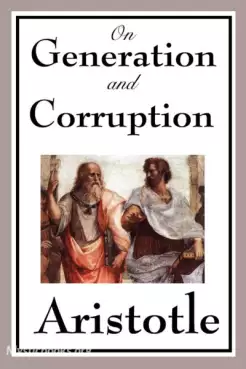
On Generation and Corruption by Aristotle
On Generation and Corruption also known as On Coming to Be and Passing Away is a treatise by Aristotle. Like many of his texts, it is both scientific...
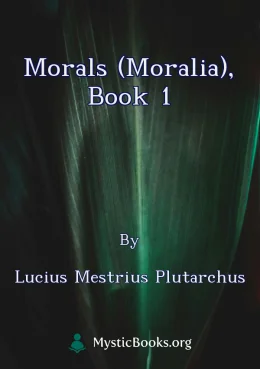
Morals (Moralia), Book 1 by Lucius Mestrius Plutarchus
The *Moralia*, a collection of essays and speeches by Plutarch, provides a rich tapestry of ancient Greek and Roman thought. These writings explore a...

In The Footprints Of The Padres by Charles Warren Stoddard
This book is a collection of essays about California, its history, and its people. Stoddard writes about the state's natural beauty, its rich history,...

Foxe's Book of Martyrs, Volume 2 by John Foxe
It begins with early Christian martyrs, and continues with the Inquisition, Wycliffe, and the Marian Persecutions.Roman Catholics often view Foxe's r...
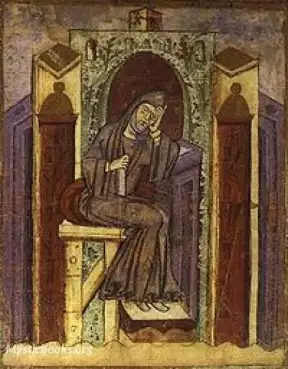
The Life of Charlemagne by Notker
Notker's work consists of anecdotes relating chiefly to the Emperor Charlemagne and his family. It was written for Charles the Fat, great-grandson of...
Reviews for The Lives of the Twelve Caesars
No reviews posted or approved, yet...